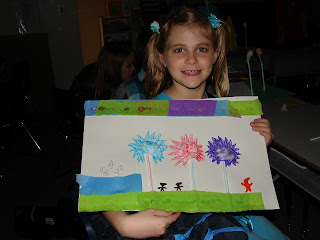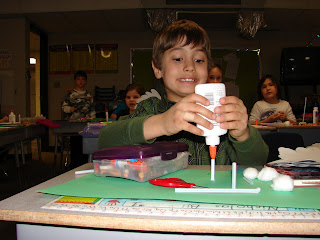 |
| Sharing thoughts and ideas. |
Doreen's original post.
MAC_Week 4: Reading Reflection
 |
| What is your next move while looking a the whole board? |
Wow, this book continues to my ideas to the possibilities that could happen. I really agree with chapter 10 about one can only be accountable for what one has control over. I think that is all we can worry about. However, the idea of looking at every situation as a chessboard is very interesting. It seems to me if more people would think more like this we would have fewer lawsuits and maybe things we need like insurance wouldn’t be so expensive. The business world also wouldn’t always be thinking, “we need to cover our behinds”. I love the board question, “How did this get on the board that I am?” Seems like self-reflection is a very important part of this whole art of possibilities.
I think that the criteria for a vision is wonderful not only for companies but for personal goals. Think everyone should have a vision as these visions can be looked at like mini goals. Lastly in chapter 12, the WE is so important and strong. I would think that the WE will always be stronger than the I/You and it could stop the finger pointing or blame we see in our society today.
Looking back at the book it seems that all eleven practices are tied closely to one another if one could achieve just a few of these practices the possibilities that could open up to you would be extreme. Can you image if one could really take into practice all eleven – the possibilities could be endless!
My response to Doreen's post.
Good afternoon Doreen,
You hit the nail on the head when you said "the WE will always be stronger than the I/You". We are stronger when we come together and learn together. It is so much fun to share ideas with other co-workers. This will usually "spark" an idea and the rest will follow. That is as long as everyone is "enrolled" in the sharing and idea. Some teachers feel as if they do not have anything to bring to the table and I wish they could read this book. Doreen you are so right when you stated that practicing these concepts will open many possibilities. You are magnificent.
Keep smiling!



















